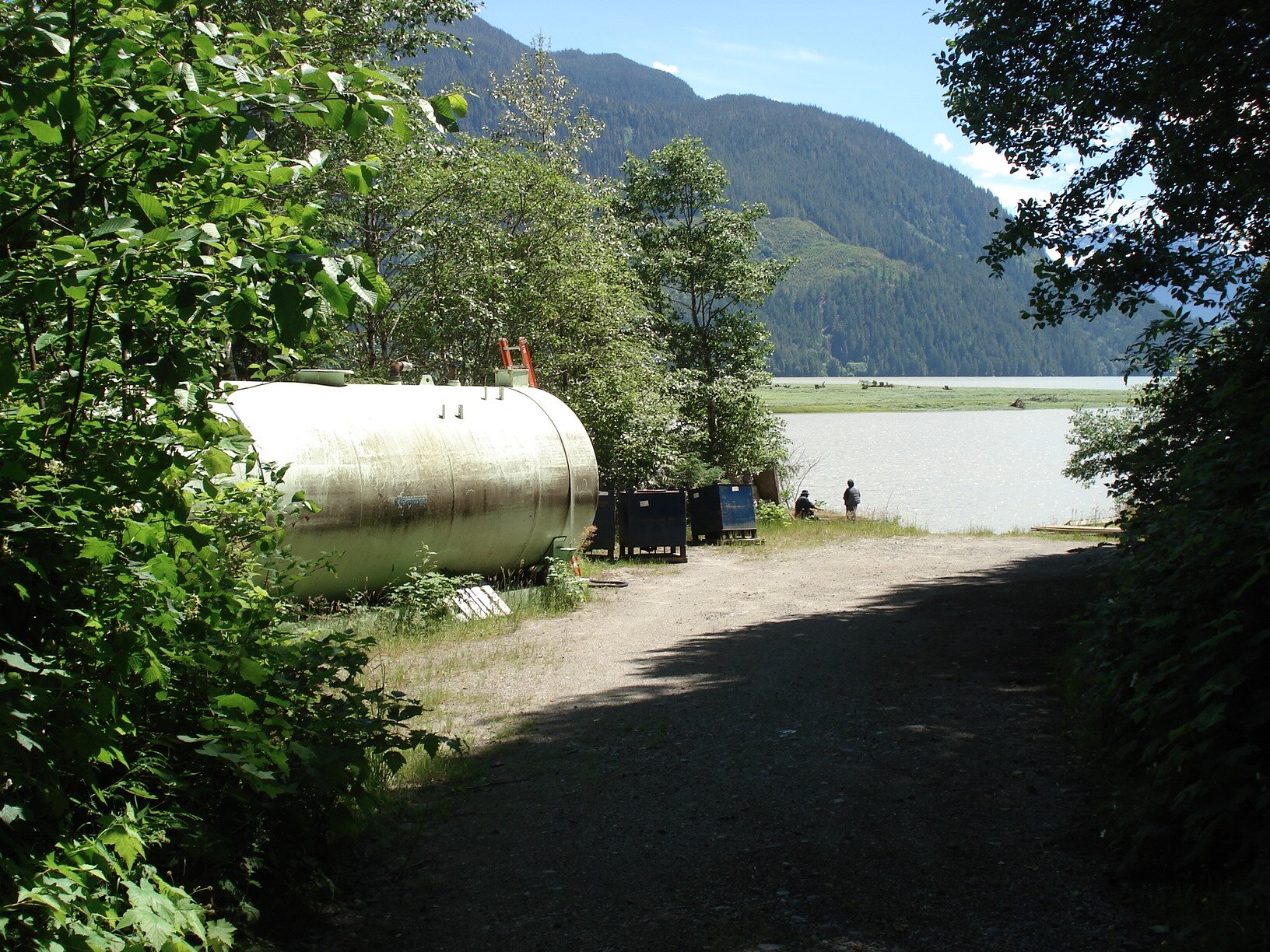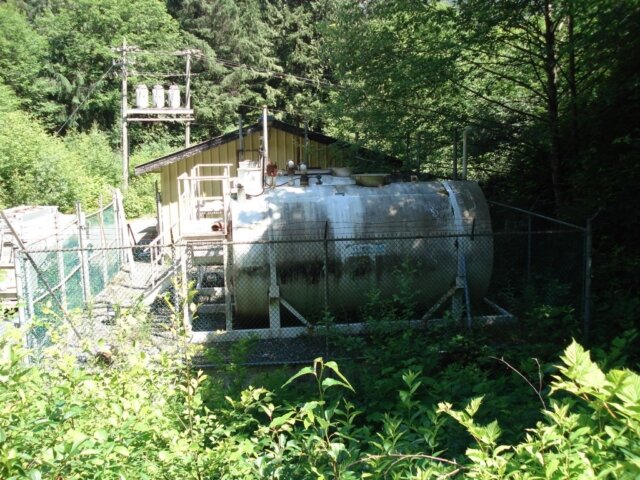The diesel funding gap in Canada
Recognizing the true cost of diesel power can only strengthen the business case for clean energy

Aboriginal people have been strong supporters of a low-carbon economy in Canada, yet remote Aboriginal communities face the din and stench of diesel generators daily. These rumbling white elephants provide over 130,000 Aboriginal people living in off-grid communities with electricity, but at a high cost: the generators are kept running with money that could instead be spent on social programs — or clean energy development.
With Canada’s commitment to the Paris Agreement on climate change, Canadian Aboriginal communities’ dependence on expensive and dirty fossil fuels needs to be addressed, and in many cases abundant sources of affordable clean energy are available. In fact, the higher cost of diesel fuel in off-grid communities presents one of the best business cases in Canada for transition to 100 per cent clean energy. This offers a unique opportunity for federal and provincial governments to support Aboriginal leadership in transitioning their communities, while building capacity for a low-carbon transition among Canada’s Aboriginal people more broadly.
However, significant policy reforms are required to support a just and equitable transition to clean power for these off-grid communities.
Over our twenty-year history working on the ground with rural communities, Ecotrust Canada has supported a number of clean energy projects in partnership with many Aboriginal communities. In our work, we have come to appreciate that each community faces unique circumstances as a result of their geography and remote location. Unfortunately, the challenges of geographic factors are compounded by the current federal funding system that provides resources to communities based on a predefined formula instead of matching funding to the actual costs of diesel generation.
While official policy states that funding should be provided at a level that offers electricity at rates comparable to adjacent on-grid communities, our work on the ground has demonstrated that, at times, the process for determining funding for diesel subsidies leaves communities shorthanded. For example, in one community the actual cost of repairs and maintenance was nearly 10 times the funding provided by Indigenous and Northern Affairs Canada, while the true cost of materials and supplies was underfunded by a factor of six.
This has led to dire financial situations for many diesel-dependent Aboriginal communities. In a number of cases, they have amassed significant deficits that are directly attributable to this inadequate funding. The impact of this funding shortfall can be dramatic — in one of our partner communities, the difference between the funding provided and actual costs amounted to an estimated $1.2 million over 20 years of diesel dependence.

In order to build community resilience while meeting carbon reduction targets, solutions supporting a transition to clean energy in off-grid Aboriginal communities must also address the fiscal deficit many of these communities bear as a result of their diesel dependence.
Recognizing the true costs of diesel generation will improve the business case for transition and accelerate investments in clean energy in these communities. Currently, provincial energy utilities do not always consider the full cost of diesel generation in clean energy price offerings, and federal funding similarly underestimates these costs. Recognizing the actual cost of diesel generation will significantly improve the return on investment, and projects that may have seemed marginal will become profitable. A more complete accounting of costs will build the business case for these projects and accelerate both private and public sector investment in clean energy solutions.
With the falling cost of clean energy development and a new federal government placing high priority on climate solutions and a renewed relationship with Aboriginal peoples in Canada, we have a window of opportunity to grow and accelerate the transition to clean energy that off-grid, diesel-dependent Aboriginal communities are advocating for and significantly reduce greenhouse gas emissions for Canada.
In addition to providing funding and support for clean energy development in these communities, the federal government and other partners must begin to address the diesel funding gap to fully enable a fair and equitable transition to clean energy.
